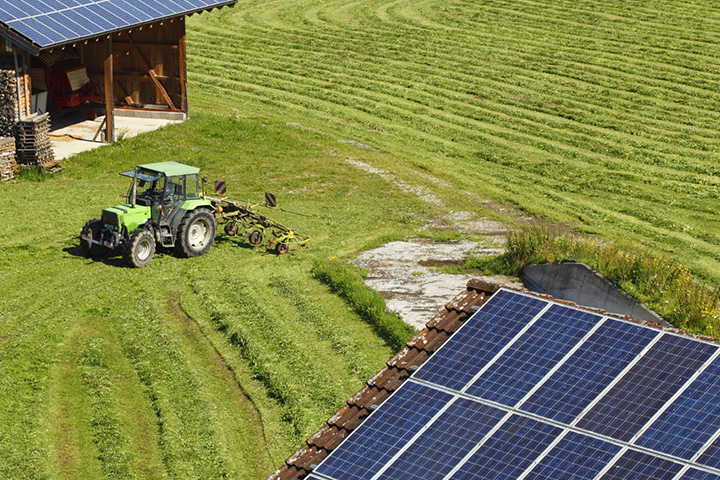Valuing Distributed Solar Generation in Michigan
Valuing Distributed Solar Generation in Michigan
Valuing Distributed Solar Generation in Michigan
Program: Dow Sustainability Fellows Program
Program details » | All Dow Sustainability Fellows Program projects »

(Dow Fellows Program 2014)
The movement to install rooftop solar systems, also known as a distributed solar generation, is growing rapidly in the United States. These solar systems are small, on-site energy sources located at homes or businesses that operate as small electrical power plants. Many homeowners and businesses have installed rooftop solar panels to generate renewable energy and reduce carbon emissions that result from using fossil fuels to produce energy. Benefits to homeowners using solar systems include revenue for the surplus electricity contributed to the electric grid. The benefits of distributed solar to utility companies and the public include reduced grid congestion, and reduced local air pollution and greenhouse gas emissions that impact public health.
The use of solar energy provides a variety of benefits. DSG generates renewable energy at the customer’s home or business. After the installation of rooftop solar systems, the cost of solar is free. There are no transmission and distribution costs. Solar energy does not emit any pollutants. In addition, solar energy helps reduce the total cost for homeowners or businesses that maybe use both renewable and non-renewable types of energy. In contrast, non-renewable energy is typically generated at a power plant and delivered to customers through a transmission and distribution system. Consumers pay to have energy delivered to their houses, as well as the cost of using fossil fuels, such as oil, gas and coal. The overall cost of fossil fuels fluctuates, due to a variety of factors.